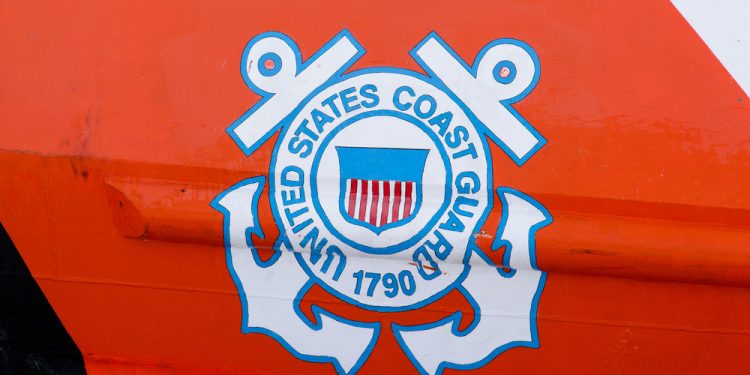The US Coast Guard is adjusting the limits of liability for vessels, deepwater ports, and onshore facilities to reflect the increase in the Consumer Price Index since they were last adjusted in 2019.
The regulatory inflation increases to the limits of liability are required by the Oil Pollution Act of 1990 and are necessary to preserve the deterrent effect and “polluter pays” principle embodied in the Act.
Under the Oil Pollution Act of 1990 (OPA 90), the responsible parties for any vessel (other than a public vessel) or facility from which oil is discharged, or which poses a substantial threat of discharge of oil, into or upon the navigable waters or the adjoining shorelines or the exclusive economic zone of the United States are strictly liable, jointly and severally, for the removal costs and damages that result from such incident.
Under 33 U.S.C. 2704 (a), the responsible parties’ liability with respect to OPA 90 and any one incident is limited, subject to certain exceptions.
USCG is issuing this final rule to update the OPA 90 limits of liability for vessels, deepwater ports, and onshore facilities, to reflect significant increases in the CPI since the limits were last adjusted.
OPA 90 requires adjustments to the limits of liability not less than every 3 years to reflect significant increases in the CPI.
This final rule provides these periodic inflation adjustments to the limits of liability to reflect changes in the CPI since the limits were last adjusted for inflation in 2019.






























































